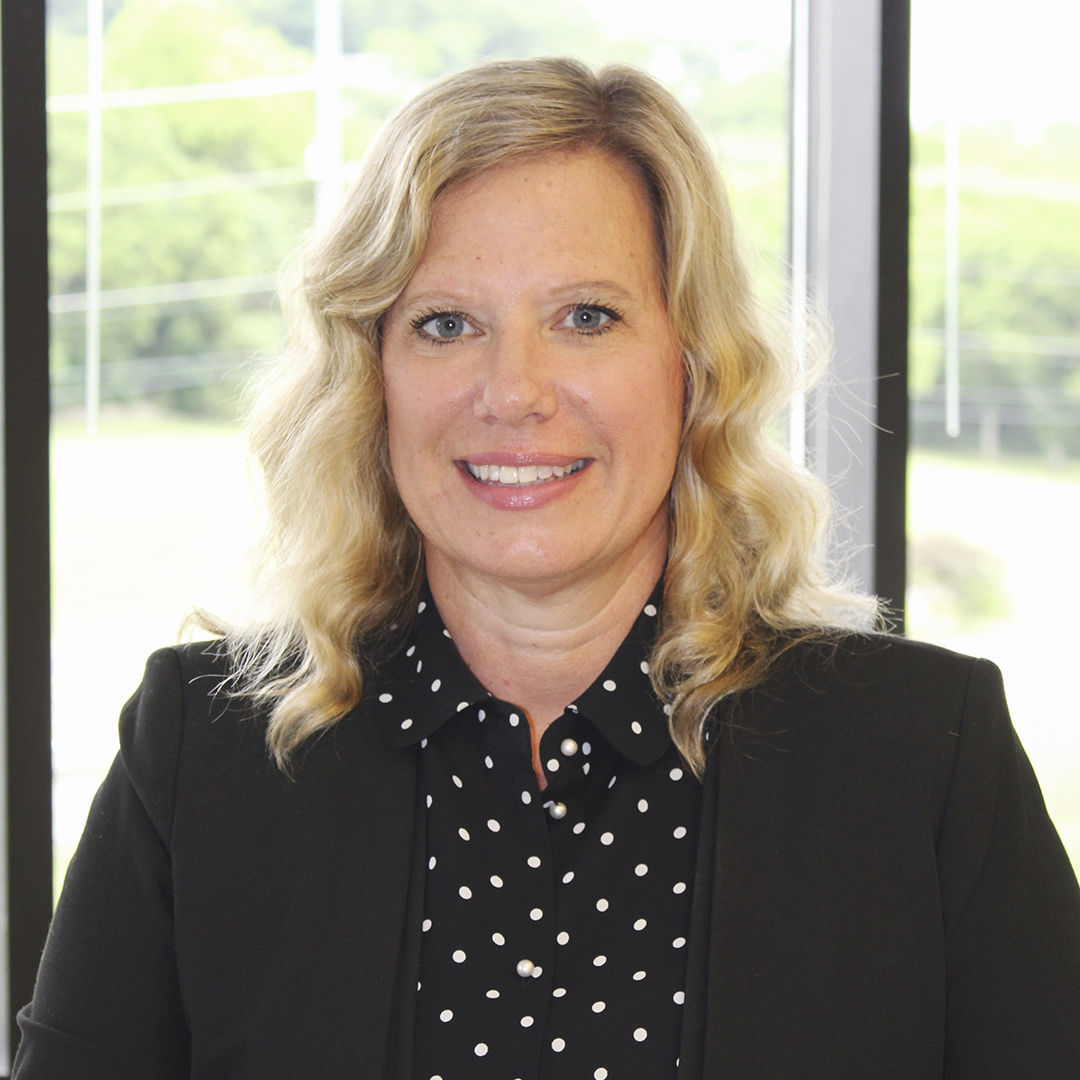Joe Bastante has built a career out of transforming organizations through technology. As chief technology officer for Blue Cross and Blue Shield of North Carolina (Blue Cross NC), Bastante is responsible for driving the organization’s comprehensive technology implementation from cloud strategy to artificial intelligence and beyond.
A veteran of Johnson & Johnson, Bell Labs, and a number of Fortune 50 and 500 companies, Bastante has worked on large solutions and critical business applications for a variety of businesses. But for him, the best part of his job is exploring the vast and ever-changing technology landscape and finding solutions that best serve the organization’s customers and mission.

Bastante’s deep understanding of technology has already born significant fruit at Blue Cross NC. In the past five years, he has already led in the creation of a modern hybrid cloud platform and new data centers colocated with top cloud vendors. His team recently won an NC Tech Award for the company’s usage of artificial intelligence and machine learning.
As a highly innovative leader, Bastante has teamed with partners like Accenture in bringing a passion for change via the successful use of technology, data, and automation. This has helped achieve Blue Cross NC’s goals for affordability, quality and access, exceptional experience, and data-driven insights.
When it comes to transforming organizations through technology, Bastante deems three areas integral to focus on when driving the success of a business: people leadership, building relationships, and executing technology implementation with thoughtfulness and careful direction.
People Leadership
“Many companies have vast and enduring cultures and histories,” says Bastante. Years of working and operating in the same way can leave companies on autopilot. Therefore, transforming healthcare requires leadership that is unafraid of human change.
In fact, Bastante says that changing the mind-sets of the people who use technology is imperative to successfully changing technology itself. That requires a strong sense of people leadership, which he cites as central to navigating industry change. When engaging in strong, people-centered leadership, Bastante believes it’s vital to show workers that their ideas are welcome, making it safe for them to break out of their normal ways of working. “You need to inspire and create a culture where people feel trusted to experiment,” he explains.
He believes that good leaders have a fundamental desire to drive change for their workers and help release them from the routines that no longer serve them well. “We all need to capture the hearts, minds, and energy of the people who work for us,” Bastante says.
Building Relationships
Along with strong people leadership, leaders also need to have a strategy for managing relationships and an effective means to implement it. Bastante first cultivated this principle after reading Stephen Covey’s 7 Habits for Highly Effective People. The book taught him about the concept of an “emotional bank account”—making ‘deposits’ of trust and goodwill by serving others and occasionally withdrawing when needed. “We need to be thoughtful about building and adding to that bank account,” says Bastante, “but also recognize situations that call for withdrawals and relationship strain in pursuit of essential change.”
At Blue Cross NC, Bastante encourages his team to proactively build relationships and be advocates for their client base. “How do we become the best at building relationships and growing that bank account?” he asks himself and his team on a regular basis.
Not everyone was on board with this approach at first, Bastante admits, as not everyone instinctively supports this kind of thinking. But he stresses the need to demonstrate that Blue Cross NC employees care about their colleagues, customers, and partners, noting “when others know you’ve got their back, they’ll be open to the change you bring.” Building successful relationships, he says, is central to cultivating the credibility and history you need to be trusted in the industry.
“We all need to capture the hearts and minds and energy of the people who work for us.”
Discipline in Execution
Once good leadership principles and strong relationships are in place, a company has to be disciplined in proactively implementing tech solutions. “We absolutely need technologists who understand tech to be given a voice in organizational transformation,” stresses Bastante.
The hardest part of technological change, Bastante notes, is moving from the incubation phase, “when you come up with a good idea,” into the adoption phase. Blue Cross NC’s Innovation Garage, a small team of dedicated experts and engineers who act as the company’s tech accelerator, is an incubator for many of these great ideas. Bastante makes sure that the innovators and great executors are brought together to bring an idea to market. We’ve also learned the importance of asking for help from others in the organization, creating diversity in skills and experiences.
Bastante points out that introducing new concepts can result in slow delivery speed as a result of formal and heavy processes: “Organizations often add process formality and controls to prevent all the errors of the past, but too much process clogs the arteries of progress. A balance is needed.”
“Changes don’t always go smoothly,” Bastante notes, which is why the principles of people leadership, building relationships, and discipline in execution are so imperative. At Blue Cross NC, he takes pride in his team for the passion they have for transforming healthcare technology, and CEO Patrick Conway for understanding the need for innovation and transformation. He says, “All these ideas fuel our passion, our greater calling, for transforming the healthcare system.”


